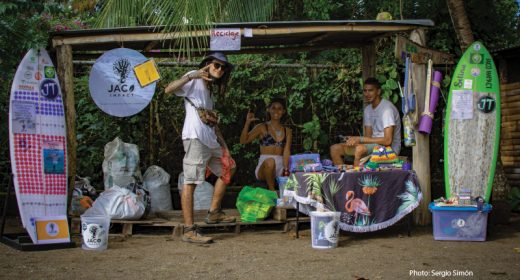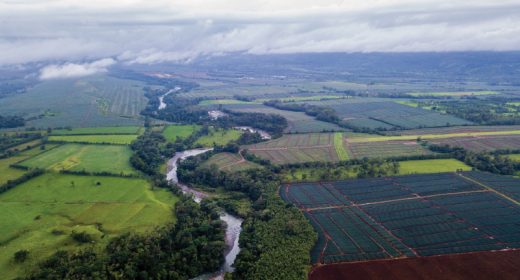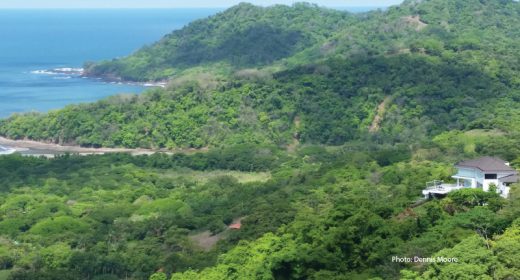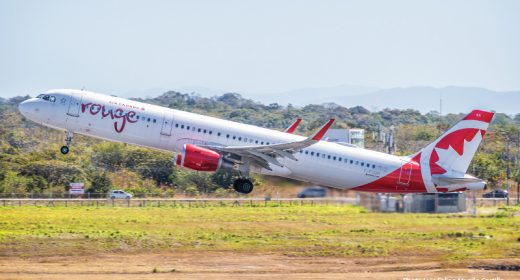
Only Fools Rush In: Financing a Life in Costa Rica
- JAN 31, 2019Warning: count(): Parameter must be an array or an object that implements Countable in /home/howlermag/public_html/old/wp-content/themes/new-paper/includes/general.php on line 193


Your Lead Paragrpah goes here
Only Fools Rush In: Financing a Life in Costa Rica. Let’s move to Costa Rica!” These words have been uttered excitedly all over the world. It might be while looking at a hard-to-pass-on condo or within the first few months of returning to normal life from a whirlwind vacation or while planning your retirement. Financing a move to a different country is much different than moving cities or states and having a sustainable income in Costa Rica can be more difficult than you think. Here are some things to consider before you take that leap.
Do you have financial stability?
Then good for you! Life should be a lot easier to handle in Costa Rica, like anywhere. A major life change like moving your family to a foreign country takes time and planning… and being smart with your money. Although many people who decided on a whim have actually pulled it off, chances are they got lucky or they are independently wealthy and have no worries about finances. Costa Rica is expensive, especially living on the beach. You need to have enough money to float for a year or two. It’s also important to consider which credit card or savings you can rely on to cover emergencies like health care. How will you earn money or have a sustainable income here is one of the first questions to ask yourself.
You need to have enough money to float for a year or two.
Thinking you will get a job here — especially right after arriving — is fool-hearted. Salaries in Costa Rica will not compare to those in the U.S., Canada or Europe. Not even close … perhaps $48,000 a year — and that’s an executive position in a large company in the city. Most people who make more than that work for themselves and have started a successful business. Also, laws in Costa Rica protect jobs for citizens of Costa Rica and it is costly and time-consuming to obtain a work visa.
Working online
Telecommuting in a virtual workplace may be one of the golden tickets of our age. An online job that pays first-world salaries can offer you an economic balance here that seems magical. Keep in mind time zone differences that commit you to being online or on the phone at certain times of the day. This can put a damper on your fun chilling out and enjoying the people and world around you. The importance of consistent internet connections when you need to be online is another consideration.
Kathleen Evans, a local writer and influencer, came to Tamarindo six years ago from Texas with an online job. While enjoying the benefits of a solid salary and living by the beach, she encountered some of the common drawbacks that require life and work adjustments.
“A huge pitfall for me was not being there in person for some of the presentations or proposals. It really makes a difference. At that time many folks did not Skype, and GoToMeetings video worked horribly with our slow internet.”
Evans also missed the social aspect of work. Not having access to coworkers for help, guidance or just friendship made the job less fulfilling and ultimately lose its luster.
Lynore and Bill Soffer brought their family to Costa Rica from Pennsylvania in 2009. Both had online jobs, but unsatisfactory residential internet access was problematic so they had to rent office space to compensate.
Living in Jacó, Monteverde and then Potrero while the kids were growing up turned out to be invaluable, Lynore says. Ultimately, the Soffers purchased a house in Potrero before moving to California in 2014. They feel fortunate to have made this property investment, having no difficulty renting it out and even profiting from the income.
Retirement
Walk around almost any beach town for evidence that Costa Rica is a favorite place to retire. Some of the vibrant retirees you encounter are former snowbirds who planned ahead. They purchased a place some years before making their full-time move and came down to live each winter. Although most realtors will assure you that such investments are solid, with your pre-retirement rental income paying off the cost of your future year-round home, actual retirees like Kathy Bowen beg to differ. Four years into her retirement from a financial position in New York, Bowen opts to continue renting a home in Tamarindo.
“My impression is that there is a surplus of short-term rentals available and a shortage of long-term units for those who are not ready to buy.”
Having the freedom to travel and health care needs are also huge quality-of-life considerations. Do your retirement payments allow for trips home to see family? Do you have a buffer in the bank for health care costs? Notwithstanding the range of health insurance options for expats in Costa Rica, including those offered by some care facilities, peace of mind may be another cost factor. Finding a good doctor and hospital you can trust saves a lot of heartaches when an emergency does arise.
Investing and buying a business
The rule of thumb really isn’t different here in Costa Rica than anywhere else. Don’t buy a business in any of these circumstances: if it will be your main source of income, if you don’t have money to float for a year or two, and — most importantly — if you have no experience in the business. (Waiting tables and working in a kitchen does not qualify you to own a restaurant.) Bureaucracy and red tape are part of doing business here, and it takes knowledge and assistance to do it right and be successful.
Come here first to observe, allowing enough time to see what services are missing and would benefit those living here already. Saddest of all are those people who buy a business that has been flipped dozens of times. Tourism related businesses and restaurants have an incredible turnover, mainly because people underestimate the complexity of balancing tourist season, competition, saturation, local labor laws and licensing requirements.
Savvy business owners in Costa Rica have worked hard to establish their business, understanding the challenges of doing so in a “Pura Vida” lifestyle. Unless you live here already, talk to other business owners who have been here and learn about the local economy and business practices; it is not the same in other developed countries. Otherwise, there is no way to be sure what you are investing in and could lead to more heartache than happy ever after in paradise.
.
Only fools rush in
My own six years in Costa Rica have made this statement a mantra for making it. Patience is so much the virtue that it’s sometimes mind-boggling. Migrating to a different country — any country — involves time and money-consuming paperwork and procedures relating to your legal, work and living status. Crossing the border every three months for tourist visa updates works for some people, but beware of proposed government actions to monetize and further complicate that process.
There is a fitting joke: How do you make a million dollars in Costa Rica? Bring two million! When contemplating a move to Costa Rica, take a deep breath and talk to the right people. Do your homework before choosing to sell your life for the unknown.










